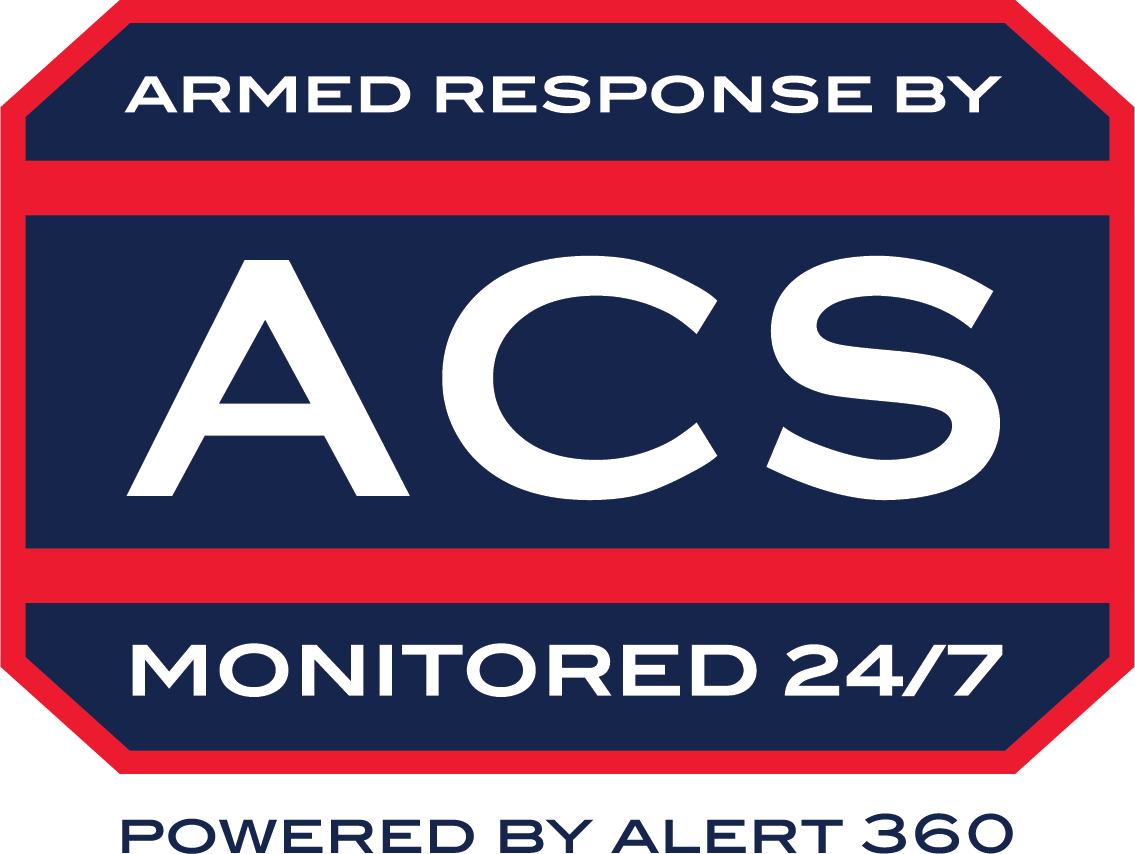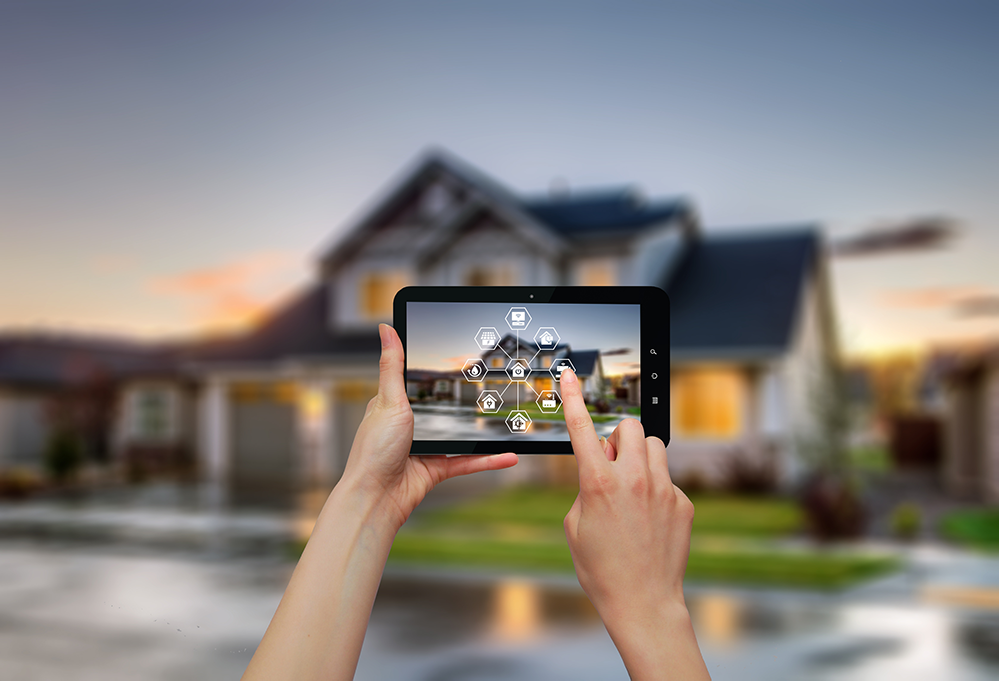
If you think home automation is a new invention, you’re only partly right. The History of Home Automation goes back further than you think. Science fiction that has fixated on smart home technology (remember Rosie from The Jetsons?) since, well, the beginning of science fiction – but it’s not just that. For centuries, the world’s greatest minds and most innovative inventors have been working toward technology that can almost think for itself. Here are a few of our favorite highlights:
A BRIEF GLIMPSE INTO THE HISTORY OF HOME AUTOMATION:
- 1785: Less than a decade after the U.S. declared independence from England, Nikola Tesla invented the first remote control (to remotely control a boat)
- The early 1900s: Fast-forward a few centuries, and the Industrial Revolution has paved the way for the invention of the first home appliances. Granted, they weren’t smart but they were absolute game-changers for early 20th century folks – at least, the wealthy ones. 1901 saw the introduction of the first vacuum cleaner, and over the next few decades, the world’s minds rolled out the washing machine, clothes dryer, clothes iron, home refrigerator, electric dishwasher, garbage disposal, and many other home appliances that today we take for granted.
- The 1930s: By the 1930s, inventors had already turned their imagination to home automation. Although the technology was still many decades off, the World’s Fair introduced the concept of automated home and smart appliances. Spectators were, unsurprisingly, fascinated with the idea.
- 1950: Jack Kilby and Robert Noyce invented the computer chip – the building block for today’s smart home technology.
- 1951: UNIVAC I, the world’s first commercially available computer, is introduced to the market. Consider UNIVAC I the great-great-great-great granddaddy of today’s smart controls, which are all, essentially, minicomputers.
- 1964: The Uniscope 300, one of the first computer monitors, hits shelves. And what would computers, smart hubs, and smart device controls today be without digital displays?
- 1966: Though never commercially sold, ECHO IV was the world’s first home automation system. Invented by Jim Sutherland, the “Electronic Computing Home Operator” (hence, ECHO) could store recipes, relay messages, control a home’s temperature, churn out a grocery list, and turn appliances on or off.
- 1969: DARPA introduces ARPAnet, the world’s first network – the precursor to the modern Internet and with it, all our Internet of Things (IoT) smart technologies.
- 1981: A precursor to today’s wireless (802.11) technology is invented.
- The 1980s: Home automation becomes commonplace, in the form of garage doors, home security systems, motion-sensing lights, fiber optics, thermostat controls, and other technology.
- 1991: Ad van Berlo pioneers the field of gerontechnology – technology to improve the lives of senior citizens and the infirm. (Remember the 90s-era commercials, “Help! I’ve fallen and I can’t get up!”?) These early technologies form a firm base for the smart, life-enhancing features we love about today’s smart systems.
- 1998-2000s: Smart homes became a thing. Throughout the late 1990s and early 2000s, smart technologies emerged, with gadgets and devices becoming more common and more affordable.
WHAT’S THE FUTURE OF SMART HOME TECHNOLOGY?
Smart homes are evolving and becoming more sophisticated, but the goal of giving peace of mind is still there. We believe that the future of home automation will be focused on the continued integration of home devices, and even appliances, to increase personalization, control, comfort, and convenience in the home.
One thing we know for certain is that existing home automation technology makes it easy for you to stay connected and in-the-know wherever you are, all from your phone. Our security camera solutions include smarter video analytics which eliminates guesswork, learns and identifies unusual activity, and keeps you notified in real-time what is happening in and around your property.
Only time will tell, but if we had to bet, future smart homes won’t be so far from The Jetsons as we once thought!
***You can learn more about current smart home devices by visiting Alarm.com’s Smart Home Solutions.***

